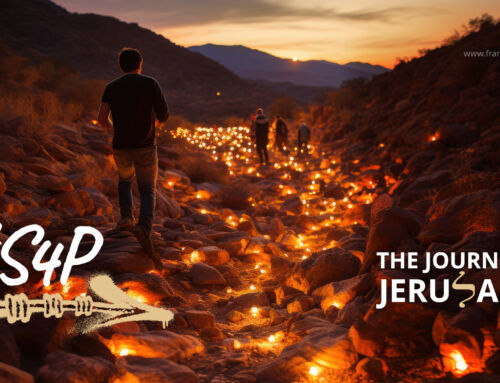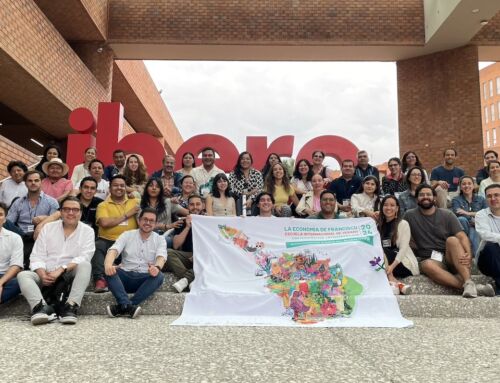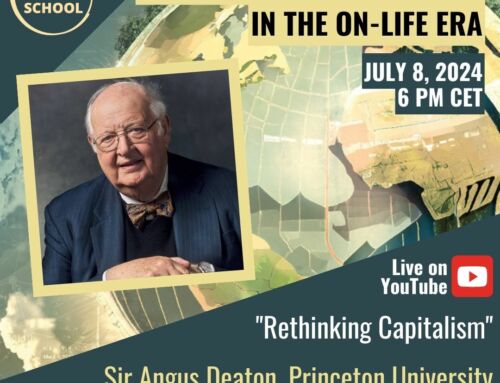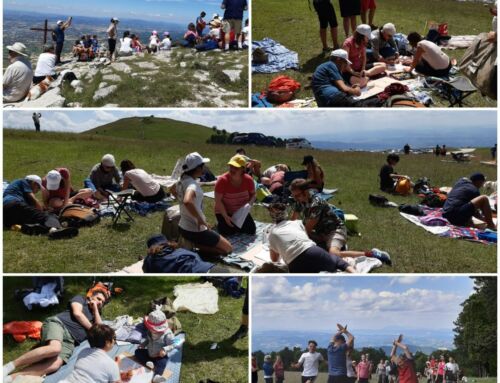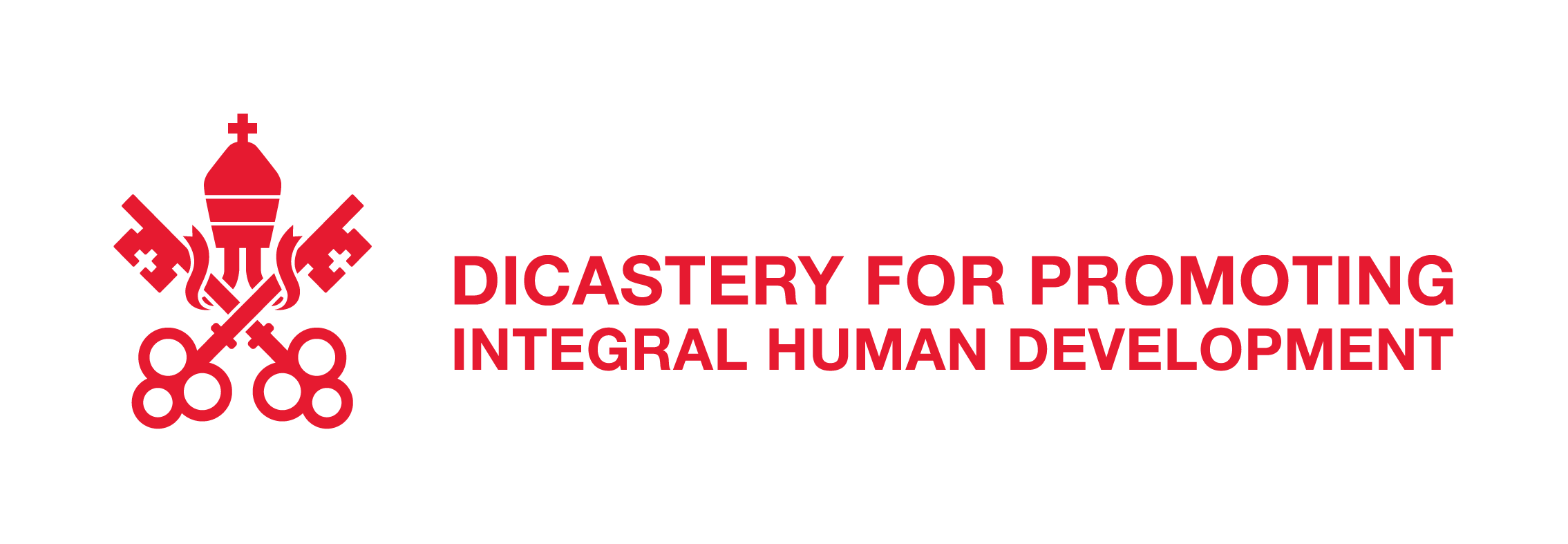The Economics of Francesco between the already and the not yet
by Paolo Santori
How do we transform universities into ‘work sites of hope’?
How do we revive the science of economics, which is an accomplice, a mirror, and sometimes a victim of a throw-away and waste system, in order to regenerate the economy as a whole? When Pope Francis invited young economists from all over the world to Assisi for The Economy of Francesco, and when he placed them alongside their peers, who in business and civil society were already living in work sites of tangible hope marked by the sign ‘work in progress’, he had perceived something important. The Economy (economic practice) of Francesco needed an Economics (economic knowledge) of Francesco to match it. Looking back, the sources of inspiration were not lacking. In the third pillar which, together with the Pope and the young people, sustains the Economy of Francesco, that is, in the history of St. Francis and the Franciscan Order, we find economic institutions, such as the Monti di Pietà, that are ‘sisters’ in their reflections on the interest, usury and the price of goods. Theory and praxis walk together, and sometimes they look at each other’s face hoping to recognize one another.
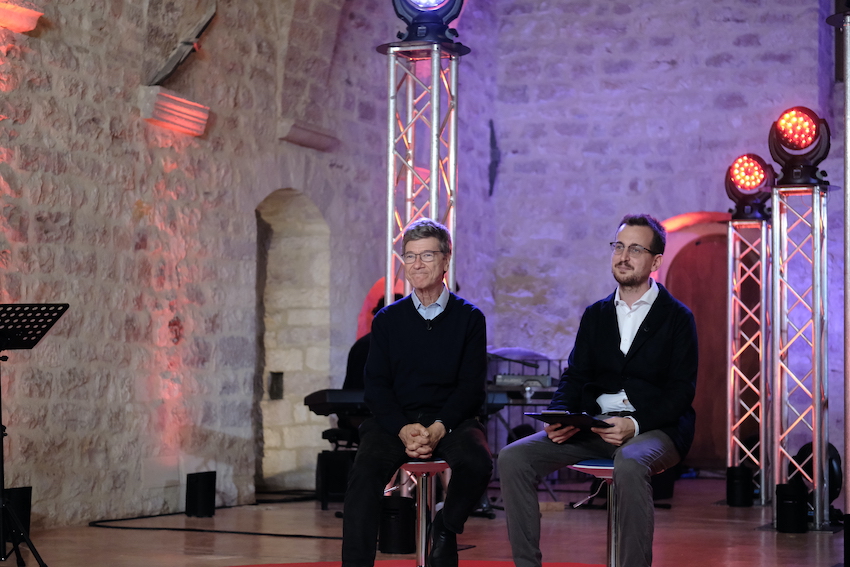
The Economy of Francesco is now at an important stage: the second international event, again in Assisi, in the evocative setting of Monte Frumentario, broadcast throughout the world alongside many national events. In the program, there was a panel discussion with an interesting title: ‘The Economics of Francesco between the already and the not yet’. Among the guests are Jeffrey Sachs, economist from Columbia University, a pioneer on the issue of sustainable development, and Helen Alford, vice dean of the Faculty of Social Sciences at the Pontifical University of St. Thomas in Rome. However, at the panel discussion of the Economy of Francesco, there were four young economists with their ideas and projects. Julia, Mariana, Marta and Valentina, presented their research, those that are in progress (what has been) and those that are still ‘research questions’ (what is yet to be). Jeffrey Sachs and Helen Alford gave their comments on what the economists of Francesco have said. This is what the Pope had requested at the start: the youth have an idea on economy, let’s listen to it!
The writer has moderated the panel discussion. Two projects, those of Mariana Reis Maria and Julia Wdowin, are still at the level of research projects. Mariana inquires on economic policies to encourage the ecological shift in the energy sector such as a carbon tax or indirect subsidies from a state-run investment bank. Beware, Mariana reminds us, that the burden of these policies will not fall on the most vulnerable sectors of our society – the cry of the earth will not be heard if the cry of the poor is ignored. Julia envisions an economy that puts people at the center. However, being an economist, she wants to translate this intuition into an index for measuring human development. Today, it is unacceptable to refer to the GDP, which includes the proceeds, for example, of the weapon and gambling industries. We need a new and complex index, which is based on a participatory process between experts and citizens.
Marta Bicho and Valentina Rotondi explore the business world and the market. Marta presents an article (soon to be published in a scientific journal) in which, using qualitative and quantitative methodologies, she explores the concept of ‘success’ in social enterprises. Marta, and her coauthor Ema Carvalho, claim that it is financial sustainability that interests women social entrepreneurs, that is, their ability to attain their social goals while remaining competitive in the market. Lastly, Valentina states that caring is good for the economy because it develops (social) virtues necessary for the proper function of the economic system (for example, it makes us more pro-social, supportive and productive by changing our mind). As a ‘natural gym for caring’, she will discuss the transition to parenthood, show its implications in terms of brain structure (the impact of oxytocin on the amygdala), and that these areas of the brain are the ones activated when the test subjects show selflessness in market choices related to public goods.
The work site is open, and many are already at work!
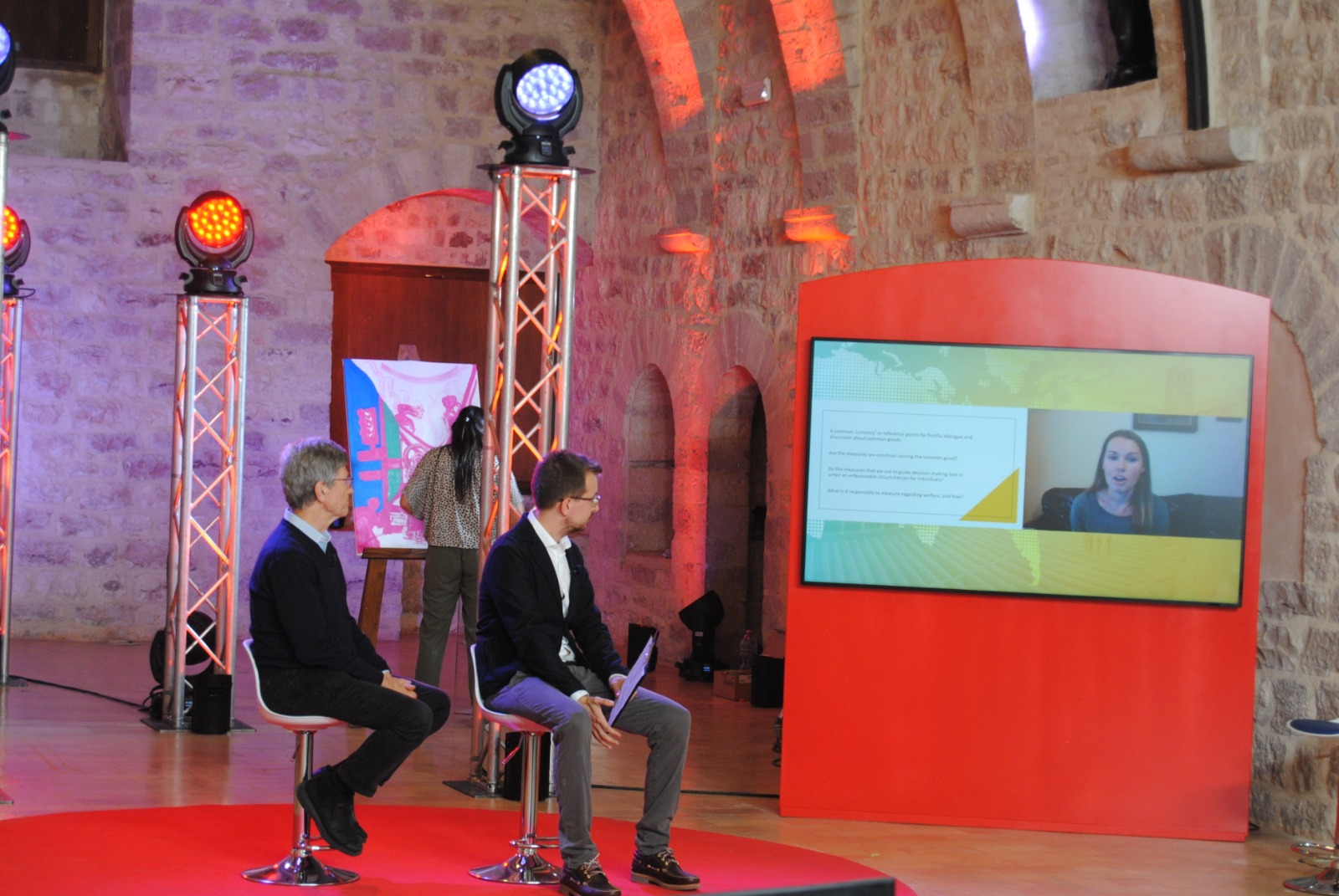
—
Paolo Santori is Professor of Philosophy and Economics at the University of Tilburg (Netherlands)

